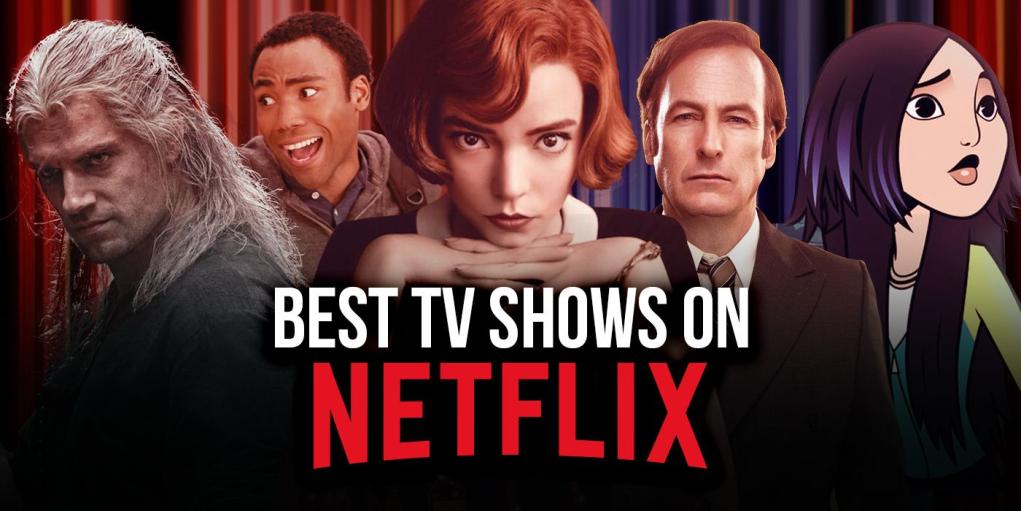Netflix's Impact on the Future of Film and Television Production
Netflix has revolutionized the way we consume entertainment. With its streaming platform, the company has challenged traditional distribution models, changed production strategies, and facilitated the globalization of content. This article examines the role Netflix has played in shaping the future of film and television production and explores the challenges and controversies it faces.

Netflix's Impact On Film And Television Production
Disruption Of Traditional Distribution Models
- Netflix's streaming platform challenged the traditional distribution channels for film and television, such as movie theaters, cable television, and DVD sales.
- The company's subscription-based model allowed viewers to access a wide range of content on-demand, leading to a decline in traditional viewership.
Changing Production Strategies
- Netflix's data-driven approach to programming has influenced production decisions, leading to a shift towards personalized content and niche programming.
- The company's willingness to take risks on innovative and unconventional projects has resulted in a diverse range of successful productions.
Globalization Of Content
- Netflix's global reach has facilitated the distribution of international films and television shows, breaking down cultural barriers and promoting cultural diversity.
- The company's platform has enabled global storytelling, allowing creators to reach audiences worldwide.
Increased Competition And Innovation
- Netflix's success has spurred competition from other streaming platforms, leading to an increase in investment in original content and technological innovation.
- The resulting competitive landscape has benefited consumers, with more choices and higher-quality content available.
Netflix's Influence On Creative Expression
Artistic Freedom And Creative Control
- Netflix's flexible production model has allowed filmmakers and showrunners greater creative freedom, enabling them to push creative boundaries and experiment with new storytelling techniques.
- Examples of successful Netflix productions that have pushed creative boundaries include "Stranger Things," "The Crown," and "Black Mirror."
Diverse Representation And Inclusion
- Netflix's commitment to diversity and inclusion has led to a more representative portrayal of different cultures, races, and identities in its programming.
- The company's platform has provided opportunities for underrepresented creators and actors to reach a global audience and tell their stories.
The Rise Of Independent Filmmakers
- Netflix's platform has provided opportunities for independent filmmakers to reach a global audience, bypassing traditional distribution channels.
- Success stories of independent films that gained recognition through Netflix include "The Witch," "Beasts of No Nation," and "The Meyerowitz Stories (New and Selected)."
Challenges And Controversies
The Homogenization Of Content
- Concerns have been raised that Netflix's data-driven approach to programming may lead to a lack of diversity in content, as the algorithm favors content that is popular and familiar.
- Critics argue that this could stifle creativity and limit the exposure of viewers to new and challenging content.
The Impact On Traditional Media
- Netflix's success has affected the profitability of traditional media companies, such as movie theaters and cable television providers.
- Movie theaters have faced declining attendance as more people choose to watch movies at home, while cable television providers have lost subscribers due to cord-cutting.
The Future Of Film Festivals
- The rise of streaming platforms has impacted the relevance of film festivals, as films can now reach a global audience without the need for theatrical distribution.
- Film festivals are adapting to the changing landscape by focusing on providing unique experiences and networking opportunities for filmmakers and industry professionals.
Netflix has had a profound impact on the future of film and television production. The company's streaming platform has challenged traditional distribution models, changed production strategies, and facilitated the globalization of content. Netflix has also influenced creative expression, promoting artistic freedom, diverse representation, and the rise of independent filmmakers. However, the company faces challenges and controversies, such as concerns about the homogenization of content, the impact on traditional media, and the future of film festivals. As Netflix continues to evolve, it will be interesting to see how it navigates these challenges and shapes the future of the entertainment industry.
YesNo

Leave a Reply